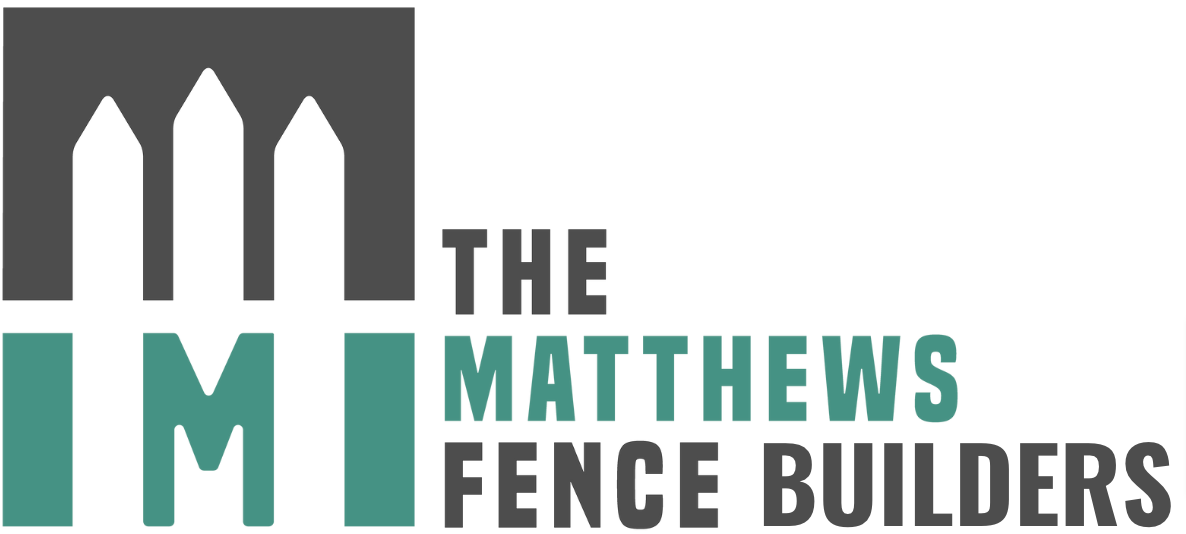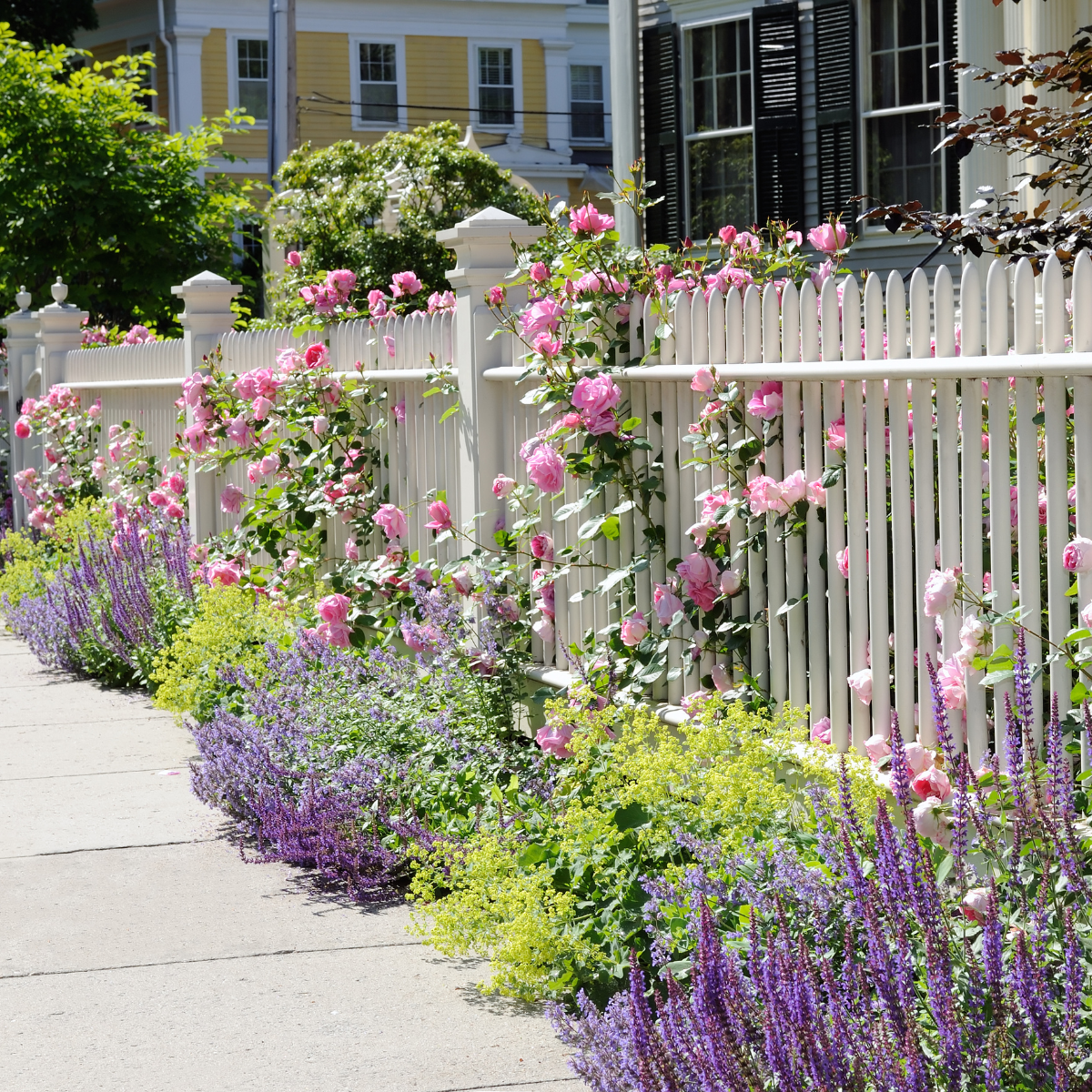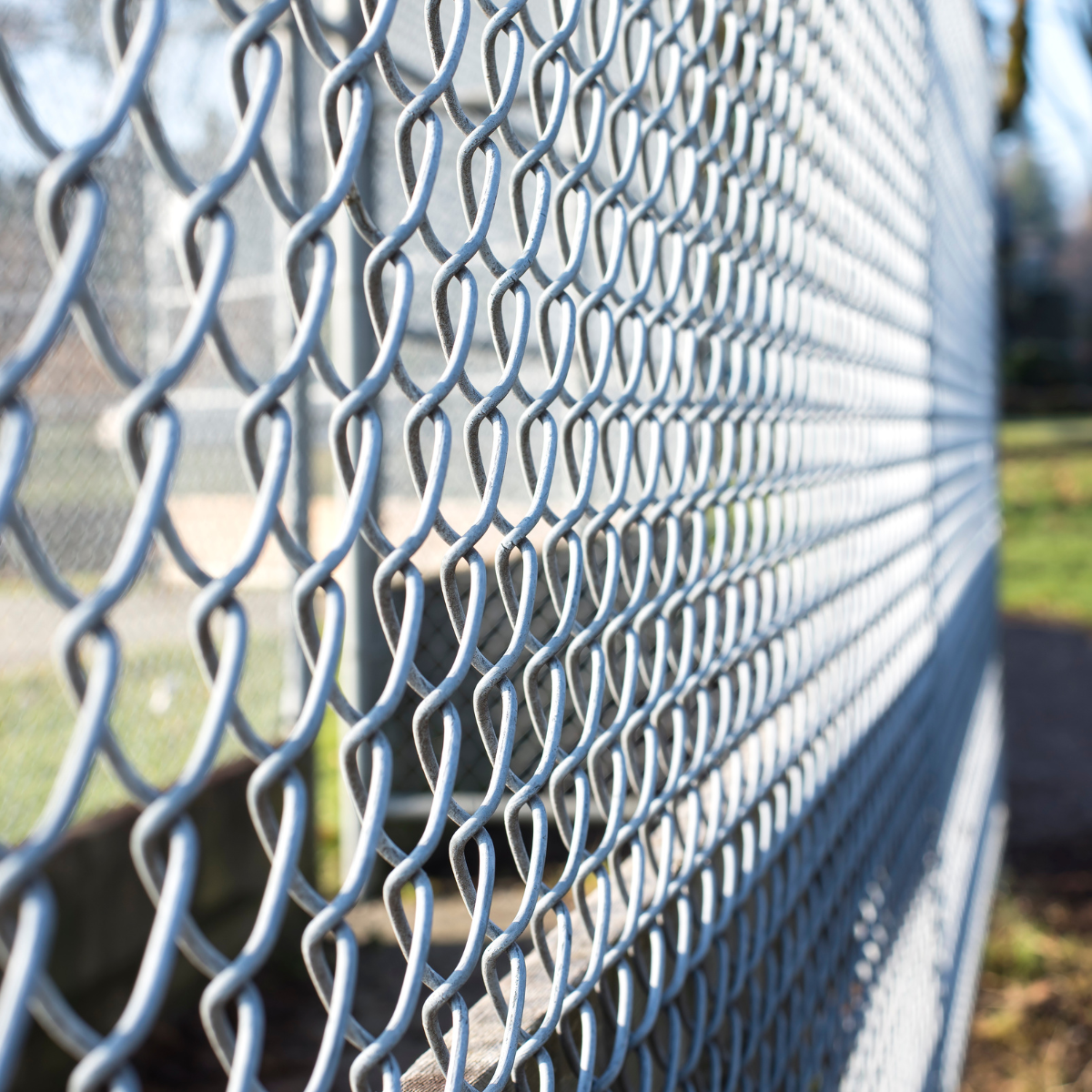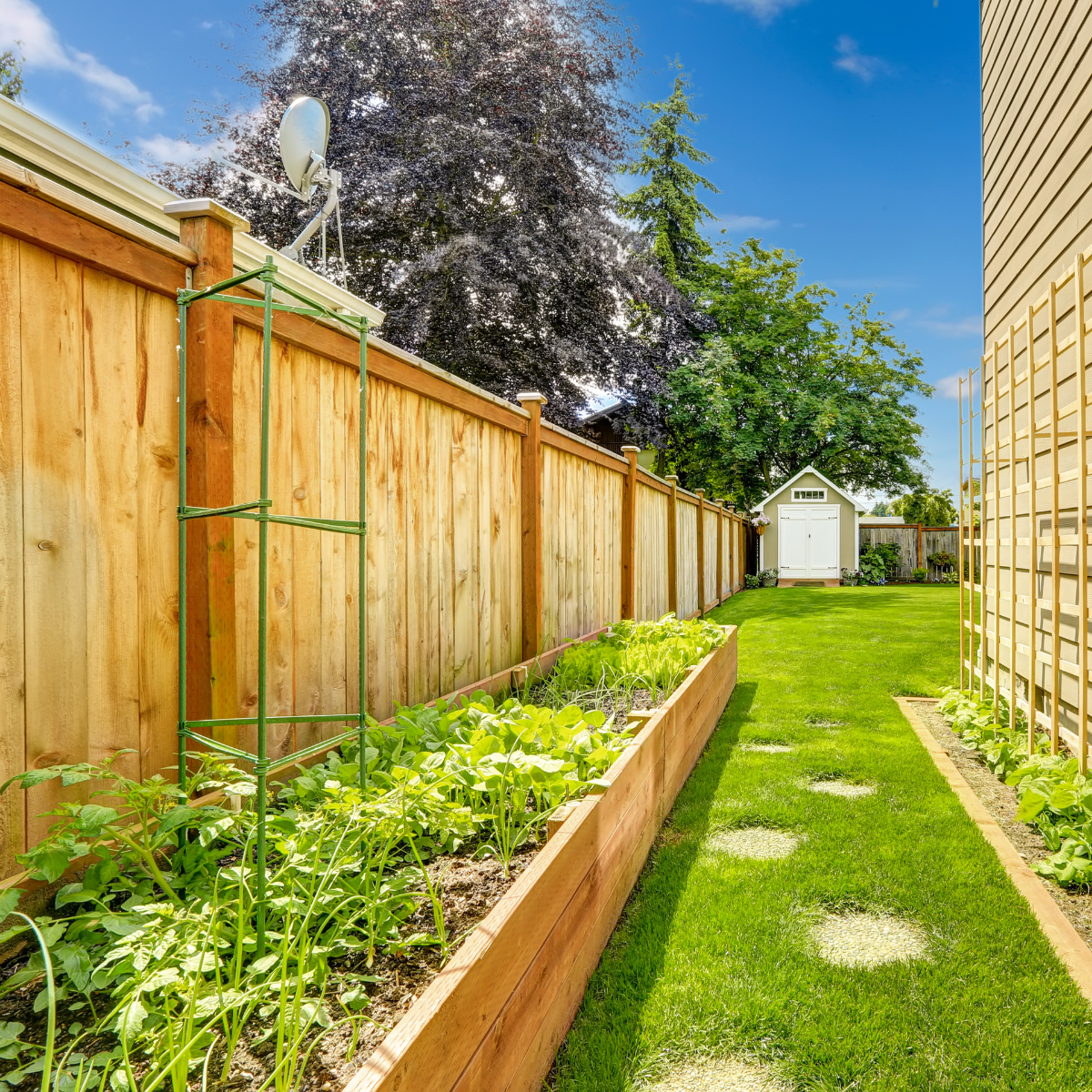How Tall Can A Privacy Fence Be In North Carolina?
Height of a privacy fence in North Carolina
Installing a privacy fence can offer both security and solitude, creating a comfortable space within your property. If you’re considering a new
fence in North Carolina, it’s essential to know about the regulations that determine how tall your fence can be. Different cities and municipalities have specific rules, so understanding these guidelines will ensure you’re in compliance and help you avoid any unwanted fines or reconstruction.
Understanding Local Height Restrictions
Privacy fence height restrictions in North Carolina vary depending on your property's location and purpose. Generally, residential fence heights in most North Carolina neighborhoods are limited to 8 feet for backyard and side-yard fences, allowing homeowners the privacy they desire while still complying with local rules. However, fences in the front yard typically have a lower height limit, often ranging from 4 to 6 feet, to maintain open visibility for both aesthetics and safety.
In some towns, these height restrictions can vary. For example, properties located on corner lots may face unique regulations to ensure visibility at intersections, reducing the risk of accidents. In certain areas, installing a fence over 8 feet might be possible, but it usually requires a special permit and adherence to setback rules. For instance, Greensboro allows taller fences if they’re set back at least 15 feet from property lines. Checking with your city’s regulations or zoning codes is always a smart step to confirm the specific height allowed for your location and project.
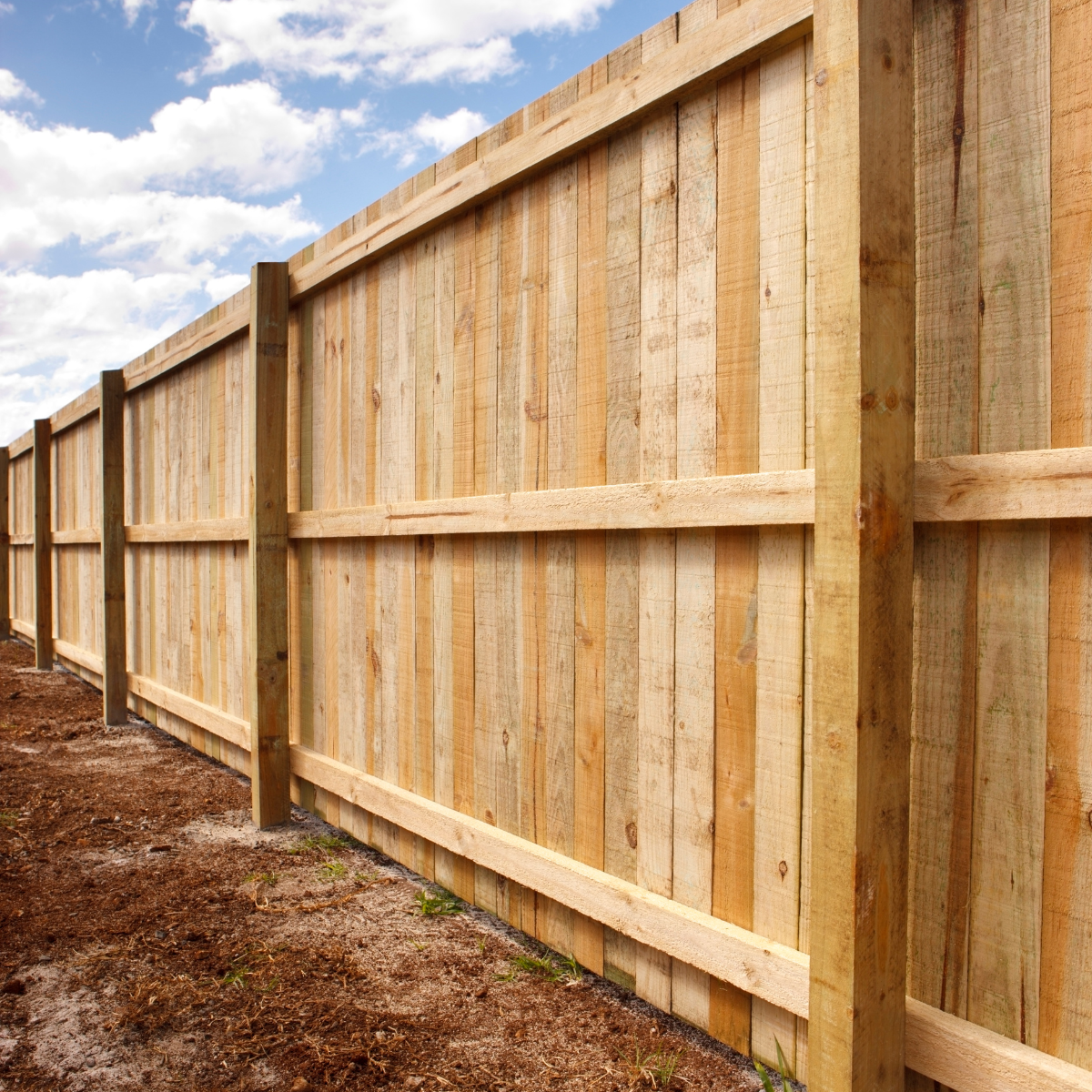
Rules for Property Lines and Shared Fences
When placing your fence, make sure it’s entirely within your property lines. A professional survey is the best way to confirm boundaries and prevent accidental encroachment, as mistakenly building over a boundary can lead to costly disputes and may require fence removal or relocation.
In North Carolina, property owners are responsible for maintaining their fence, and any shared fences between neighbors are typically a joint responsibility. If you plan on installing a fence along a shared boundary, discussing plans with neighbors can prevent potential disagreements. In some cases, having a written agreement can be helpful, as it outlines responsibilities for maintenance and costs. Keeping a friendly relationship with your neighbors not only makes the process smoother but can also be beneficial in case of future fence repairs or upgrades.
Materials and Styles for Privacy Fences
North Carolina provides flexibility in fence materials, allowing homeowners to choose options that fit their style and needs. Wood, vinyl, metal, and even composite materials are popular choices, each offering different benefits in terms of durability, maintenance, and aesthetic appeal. Wood fences are often favored for their natural look, while vinyl and composite materials offer low-maintenance solutions. Metal, especially ornamental iron or aluminum, is commonly used for a decorative look with added security.
Some towns or neighborhoods have specific restrictions on materials, especially regarding safety concerns. For example, barbed or razor wire is typically prohibited in residential areas, as it poses a potential hazard. Additionally, certain neighborhoods governed by homeowners’ associations (HOAs) may have aesthetic guidelines that dictate fence materials, colors, and styles. In historic districts, for instance, materials must often match the architectural character of the area, ensuring that the fencing complements the historic appeal of the neighborhood. Always double-check with your local ordinances or HOA to confirm that your material choice aligns with community standards.
Safety and Special Considerations
Beyond appearance and privacy, safety is an essential factor when planning a fence. For homeowners with pools, North Carolina requires pool fences to be at least 4 feet high with a self-latching, self-closing gate that opens outward. These pool safety fences help prevent accidental entry by young children and contribute to a safer environment for everyone. While standard privacy fences may not need these additional safety features, it’s crucial to ensure the fence is structurally sound and able to withstand weather conditions, especially if it’s intended to protect children or pets.
If your property is located near a roadway, consider regulations around visibility and setback requirements. Fences built close to roads or intersections may need to be set back a certain distance to avoid obstructing the view for drivers and pedestrians. Keeping sightlines clear at intersections is often a requirement designed to promote road safety and minimize accident risks.
Getting a Fence Permit
Depending on the height, location, and other specifics of your fence project, you may need a permit from your city or county. In general, if your fence is over a certain height, typically 4 feet in the front yard or 8 feet elsewhere, you’ll likely need to apply for a permit. The application process generally involves submitting a site plan, which outlines where the fence will be located on your property, and paying a fee. It’s a good idea to budget time for this process, as applications may take several days or weeks to review, depending on the complexity of your project.
If you’re planning a unique design or using non-standard materials, additional approvals may be necessary to ensure that the fence aligns with building codes and zoning laws. Be prepared for potential site inspections as well. Once your application is approved and your permit is issued, you’ll be free to start construction, confident that your project meets all local requirements.
Conclusion
Building a privacy fence in North Carolina is a great way to create a secure and private space on your property. By familiarizing yourself with local height restrictions, property line regulations, material guidelines, and safety requirements, you’ll avoid potential issues and enjoy a smooth installation process. Remember, always consult with your local zoning office or HOA before starting any construction to ensure full compliance with the rules in your area.
A well-planned fence project can enhance both the privacy and appearance of your property. With the right knowledge and preparation, you’ll be able to build a fence that provides the functionality you need while staying within North Carolina’s regulations. After all, a thoughtfully designed fence not only boosts property value but also helps create a safe, welcoming environment for your family and neighbors
And if you want to avail our
fence installation services, don't hesitate to
contact us. We are more than happy to help you.
You might also like
All Rights Reserved | The Matthews Fence Builders Company | Powered by Revio Marketing
